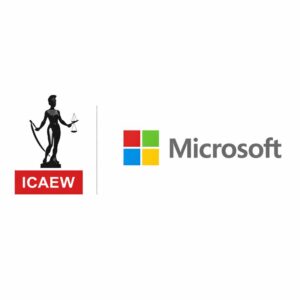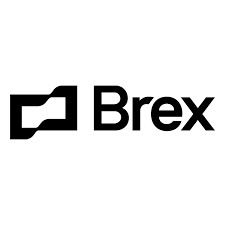8090 Startup Incubator: Cutting Enterprise Software Costs with AI

In January 2024, venture capitalist Chamath Palihapitiya announced the launch of 8090 Startup Incubator, a program designed to create enterprise software faster and cheaper using artificial intelligence and global engineering teams. The name 8090 refers to his stated goal: producing software that is 80% complete at 90% lower cost. The incubator is funded entirely by Palihapitiya’s capital through Social Capital, his investment firm, and it aims to test a new model for building digital products at scale.
According to Palihapitiya’s January 2024 post on X and LinkedIn, 8090’s purpose is to “compress the software creation cycle.” The incubator plans to build a small portfolio of companies where development, testing, and deployment are partially automated through AI tools. Palihapitiya has said the team will operate out of multiple global hubs, combining Silicon Valley oversight with offshore technical execution to keep expenses low.
There are no official clients yet listed on 8090’s website or in its public filings, but the incubator’s model fits into a broader shift in enterprise software toward automation and cost efficiency. According to Gartner, global enterprise software spending reached about $913 billion in 2024, up 13% from the previous year. Generative AI tools have started to reduce development workloads across the industry, cutting software delivery times by as much as 30% for some companies, according to IDC research from mid-2024.
8090’s strategy draws from similar movements across the tech industry. Startups such as Cognition Labs, which created the AI coding assistant Devin, and Replit, known for its Ghostwriter platform, have both shown how AI can handle increasingly complex programming tasks. Meanwhile, companies like Accenture and Deloitte are investing heavily in AI-assisted software delivery pipelines for enterprise clients. Palihapitiya’s incubator appears to apply these same principles to startup formation itself, reducing the financial barrier to building business software.
While Palihapitiya has not disclosed the total capital allocation for 8090, Social Capital’s fund filings with the SEC list more than $2 billion in assets under management. He has described 8090 as an “experiment in high-efficiency software entrepreneurship” rather than a traditional venture fund. Unlike accelerators such as Y Combinator or Techstars, 8090 is designed to own and operate most of the companies it builds, not just fund them.
Analysts see this as part of a broader trend in venture capital. Rising software development costs and an increased focus on profitability have pushed investors to look for ways to build products internally rather than rely solely on external founders. By integrating AI development into the startup creation process, 8090 could serve as a prototype for a new kind of vertically integrated venture model.
At the same time, the approach faces real challenges. Enterprise software buyers expect robust support, compliance certifications, and long-term maintenance, all of which can be expensive. Offshoring and automation can reduce costs but also introduce quality and communication risks. AI-generated code, while improving, still requires human review to ensure performance and security.
Palihapitiya has said that 8090 will focus first on software tools that automate business operations, data tracking, and analytics. These categories align with where AI adoption is accelerating fastest. McKinsey’s 2024 global survey found that 55% of companies now use AI in at least one business function, up from 50% in 2023. Enterprise software vendors are under pressure to integrate these capabilities quickly while keeping prices stable.
If 8090 succeeds, it could signal a new phase for software entrepreneurship: one where capital efficiency and automation define early-stage company building. By merging venture capital, offshore development, and AI automation under one structure, Palihapitiya’s incubator could help startups bring enterprise tools to market faster and at lower cost.
In conclusion, 8090 Startup Incubator represents an attempt to rethink how enterprise software is built in the age of AI. It combines automation, cost optimization, and centralized ownership to challenge traditional models of startup formation. The implications extend well beyond general enterprise software. For accounting startups, a platform like 8090 could accelerate the creation of next-generation audit, bookkeeping, and reporting tools that rely less on manual reconciliation and more on automated, real-time data flows.
For the accounting profession, this shift could be profound. As AI-generated systems take over routine financial tasks, software innovation cycles will shorten, and product margins could compress. The incumbents that fail to adapt may find their pricing power eroded by a new wave of startups born out of incubators like 8090. The coming year will test whether Palihapitiya’s model can deliver the promised reductions in cost and time to market, and whether the ripple effects reach the financial software sector faster than expected.





